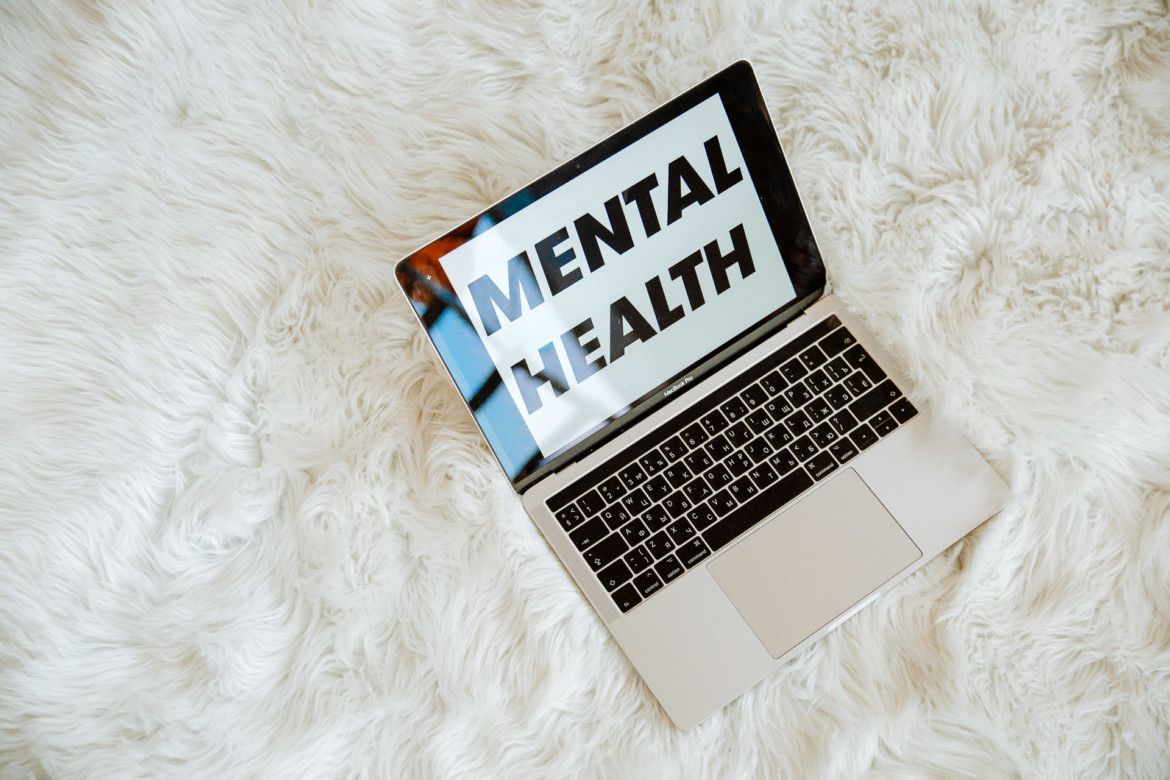By Greta Chiocchetti
Accessing therapy can be a challenge even without the added pressure of a global pandemic, but it’s important to have self-care systems in place now more than ever.
If you or a loved one are experiencing distressing emotions during this difficult time, there are steps you can take to find relief. Whether you’re sheltering in place in the Academy of Art University residence halls or from another state or country, there are options to receive support from the comfort of your home.
Teletherapy
Although most providers transitioned their existing patients’ in-person appointments to telephone or video chat, these days a new patient seeking care can be faced with a long waitlist. Luckily, there are several options for on-demand and scheduled therapy to get you started.
- Teletherapy services are often available through your health plan with platforms such as AbleTo, Teladoc, and wayForward—call your insurance provider for more information on what services are covered by your particular plan.
- If you’re uninsured or your plan doesn’t include telehealth benefits, you can individually sign up for mental health apps like BetterHelp and TalkSpace (many of which are offering free trials right now). These platforms offer a combination of messaging through text or audio along with real-time video and phone therapy, with plans costing between $50–$80 a week.
- The app 7Cups can connect you to trained listeners who provide emotional support for free, along with paid individual teletherapy sessions.
- Another great option is Pride Counseling, which supports LGBTQ+ patients with live chatting and both phone and video calls with a counselor for $50–$80 a week.
Free Help Lines
As daily stress around COVID-19 spikes, the need for crisis counseling has risen, too. If you need on-demand assistance, trained crisis counselors are standing by across the country. Never hesitate to reach out when you need it, even if you don’t think what you’re going through could be considered a crisis.
- The National Alliance on Mental Health offers a 24/7 message line: Text “NAMI” to 741-741 to chat with a trained crisis counselor.
- A warmline is an alternative to a crisis hotline, meant to help individuals manage their challenges before crisis hits. Visit NAMI’s HelpLine directory to find the right option for you: https://www.nami.org/NAMI/media/NAMI-Media/BlogImageArchive/2020/NAMI-National-HelpLine-WarmLine-Directory-3-11-20.pdf
- The SAMHSA Disaster Distress Helpline offers 24/7 counseling to people experiencing emotional distress related to natural or human-caused disasters—call (800) 985-5990.
- The Trans Lifeline, a trans-led organization that connects trans people to support and resources, is available 24/7 at (877) 565-8860.
Free Support Groups
Isolating from friends and family can take a toll on mental health, but it’s possible to build community even if you can’t leave your home. Speaking with others who have experience with the difficulties you’re facing can be immensely beneficial. Below are some online resources to help you locate a support group in your area.
- Support Groups Central is an extensive directory of local support groups founded by Dr. Vince Caimano, an organizational psychologist, offering discussions on anxiety & stress, PTSD, spirituality, depression, and many other topics.
- NAMI Connection is a support group for individuals with mental health conditions. To find your local chapter, visit https://www.nami.org/Support-Education/Support-Groups.
Dr. Laura Eidlitz, a New York-based psychologist, offers a free coronavirus support group through video chat. Call (646) 863-5547 or email Dr. Laura Eidlitz to join the group.
